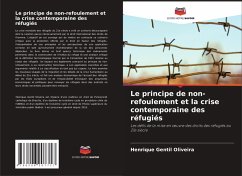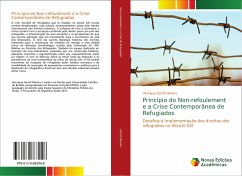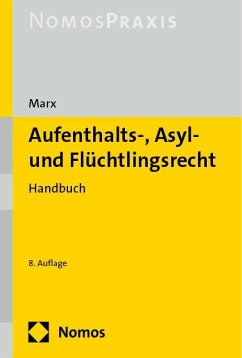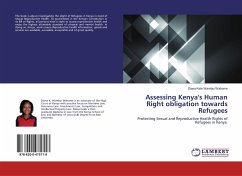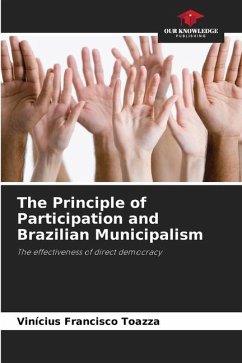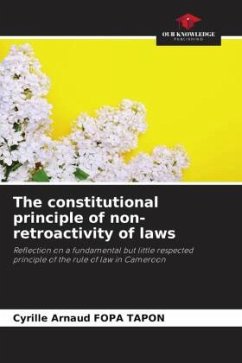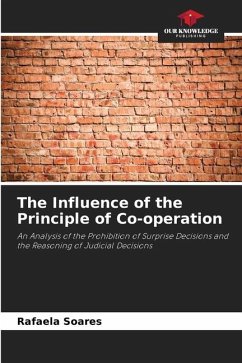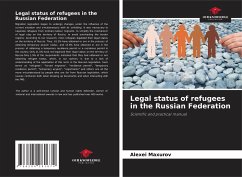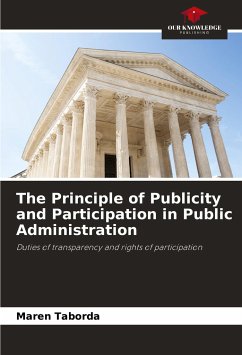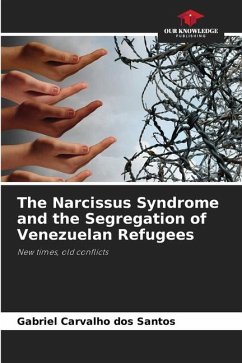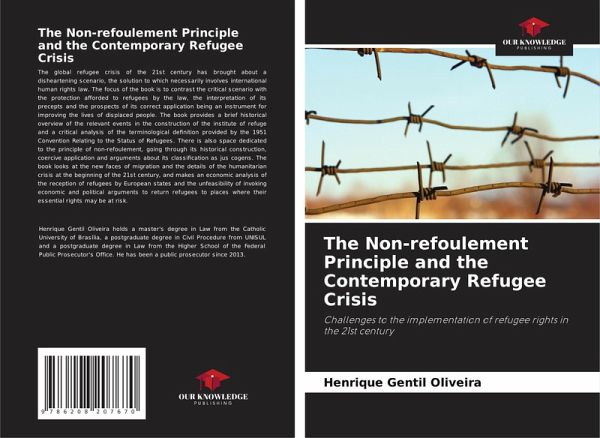
The Non-refoulement Principle and the Contemporary Refugee Crisis
Challenges to the implementation of refugee rights in the 21st century
Versandkostenfrei!
Versandfertig in 6-10 Tagen
36,99 €
inkl. MwSt.

PAYBACK Punkte
18 °P sammeln!
The global refugee crisis of the 21st century has brought about a disheartening scenario, the solution to which necessarily involves international human rights law. The focus of the book is to contrast the critical scenario with the protection afforded to refugees by the law, the interpretation of its precepts and the prospects of its correct application being an instrument for improving the lives of displaced people. The book provides a brief historical overview of the relevant events in the construction of the institute of refuge and a critical analysis of the terminological definition provi...
The global refugee crisis of the 21st century has brought about a disheartening scenario, the solution to which necessarily involves international human rights law. The focus of the book is to contrast the critical scenario with the protection afforded to refugees by the law, the interpretation of its precepts and the prospects of its correct application being an instrument for improving the lives of displaced people. The book provides a brief historical overview of the relevant events in the construction of the institute of refuge and a critical analysis of the terminological definition provided by the 1951 Convention Relating to the Status of Refugees. There is also space dedicated to the principle of non-refoulement, going through its historical construction, coercive application and arguments about its classification as jus cogens. The book looks at the new faces of migration and the details of the humanitarian crisis at the beginning of the 21st century, and makes an economic analysis of the reception of refugees by European states and the unfeasibility of invoking economic and political arguments to return refugees to places where their essential rights may be at risk.





